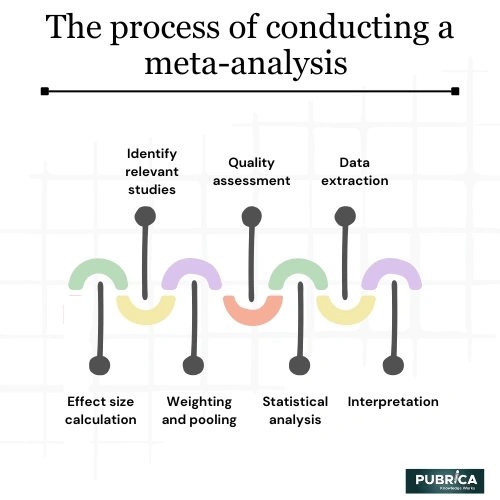- Services
- Discovery & Intelligence Services
- Publication Support Services
- Sample Work

Publication Support Service
- Editing & Translation
Editing and Translation Services
- Sample Work

Editing and Translation Service
- Research Services
- Sample Work

Research Services
- Physician Writing
- Sample Work

Physician Writing Service
- Statistical Analyses
- Sample Work

Statistical Analyses
- Data Collection
- AI and ML Services
- Research Impact
- Sample Work

Research Impact
- Medical & Scientific Communication
- Medico Legal Services
- Educational Content
- Industries
- Subjects
- About Us
- Academy
- Insights
- Get in Touch

- Services
- Discovery & Intelligence Services
- Publication Support Services
- Sample Work

Publication Support Service
- Editing & Translation
Editing and Translation Services
- Sample Work

Editing and Translation Service
- Research Services
- Sample Work

Research Services
- Physician Writing
- Sample Work

Physician Writing Service
- Statistical Analyses
- Sample Work

Statistical Analyses
- Data Collection
- AI and ML Services
- Research Impact
- Sample Work

Research Impact
- Medical & Scientific Communication
- Medico Legal Services
- Educational Content
- Industries
- Subjects
- About Us
- Academy
- Insights
- Get in Touch

Menu
What is a meta-analysis in Cochrane Reviews?
What is a meta-analysis in Cochrane Reviews?
Cochrane Reviews base their conclusions on the findings of research that fulfil particular quality standards because the most trustworthy studies will give the best evidence for making healthcare decisions. Cochrane Review authors use strategies to minimize the influence of bias throughout the review process, including:
- Identifying relevant research from a variety of sources (including unpublished sources);
- Selection of studies for inclusion and assessment of their strengths and weaknesses using established criteria.
- Data gathering is systematic.
- Data synthesis is appropriate.
The process of conducting a meta-analysis typically involves the following steps:

- Identify relevant studies: The researchers perform a comprehensive search to identify all the relevant studies that meet specific inclusion criteria.
- Quality assessment: Each included study is critically appraised to assess its methodological quality and risk of bias. This step is crucial to determine the reliability and validity of the individual study’s results.
- Data extraction: The relevant data from each study are extracted, including sample sizes, effect sizes, and measures of variability.
- Effect size calculation: For each study, an effect size is calculated based on the outcome of interest (e.g., the difference in means between treatment groups). Effect sizes are standardized metrics that allow for comparison across different studies.
- Weighting and pooling: The effect sizes from individual studies are combined, giving more weight to larger studies and those with more robust methodology. This pooling process yields an overall effect size representing the average treatment effect across all included studies.
- Statistical analysis: Statistical techniques are used to assess the heterogeneity among the individual study results and calculate the overall effect size and confidence interval. The confidence interval helps estimate the precision of the effect size.
- Interpretation: The findings of the meta-analysis are interpreted, taking into account the overall treatment effect, its uncertainty, and the potential implications for clinical practice or policy.
Give yourself the academic edge today
Each order includes
- On-time delivery or your money back
- A fully qualified writer in your subject
- In-depth proofreading by our Quality Control Team
- 100% confidentiality, the work is never re-sold or published
- Standard 7-day amendment period
- A paper written to the standard ordered
- A detailed plagiarism report
- A comprehensive quality report


